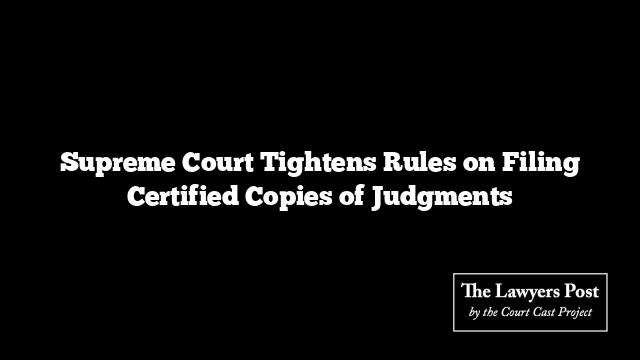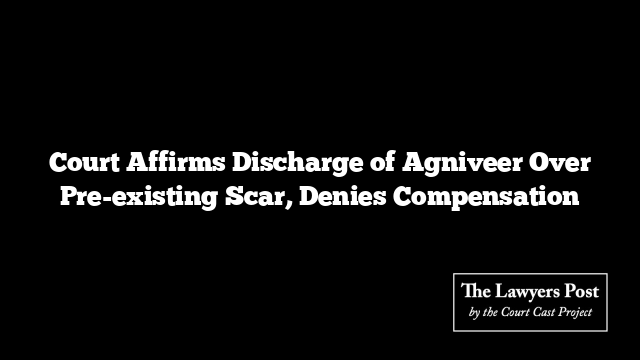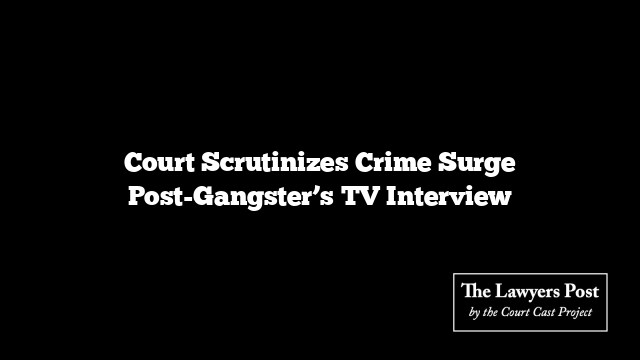The Supreme Court has implemented new practice directions to enforce stricter compliance regarding the filing of certified copies of judgments and orders being contested. This decision comes in response to frequent violations of the Supreme Court Rules of 2013, which mandate that a special leave petition (SLP) must include a certified copy of the challenged judgment or order.
A division bench, consisting of Justice Dipankar Datta and Justice Prashant Kumar Mishra, highlighted the need for these new rules after noting recurring breaches of existing protocols. The Court emphasized that substantial adherence to these rules is essential and outlined specific requirements for petitioners seeking exemption from submitting certified copies.
Under the new directions:
- Petitions requesting exemption must include proof of the application for the certified copy, such as a receipt from the high court acknowledging the request, along with a justification for the exemption.
- The petitioner must affirm that the application for the certified copy has not expired due to failure to meet filing requirements.
- An undertaking must be provided, committing to file the certified copy as soon as it is available.
The Court instructed the Secretary General of the Supreme Court to notify all parties involved through an appropriate circular, enforcing these guidelines from August 20, 2024.
This move follows an instance where the Court addressed an SLP challenging a Calcutta High Court criminal order. The petitioners’ request for exemption lacked proper documentation, leading the Court to scrutinize their claims. The case revealed that the petitioners had not applied for the certified copy until after being prompted by the Court, which led to a dismissal of the SLP and the delay application.
The Court expressed frustration over the prevalent practice of accepting unsound statements in exemption applications, which has fostered a lax attitude among litigants. By instituting these new guidelines, the Court aims to enhance discipline and ensure that petitions are not filed based on misleading information or incomplete documentation.





